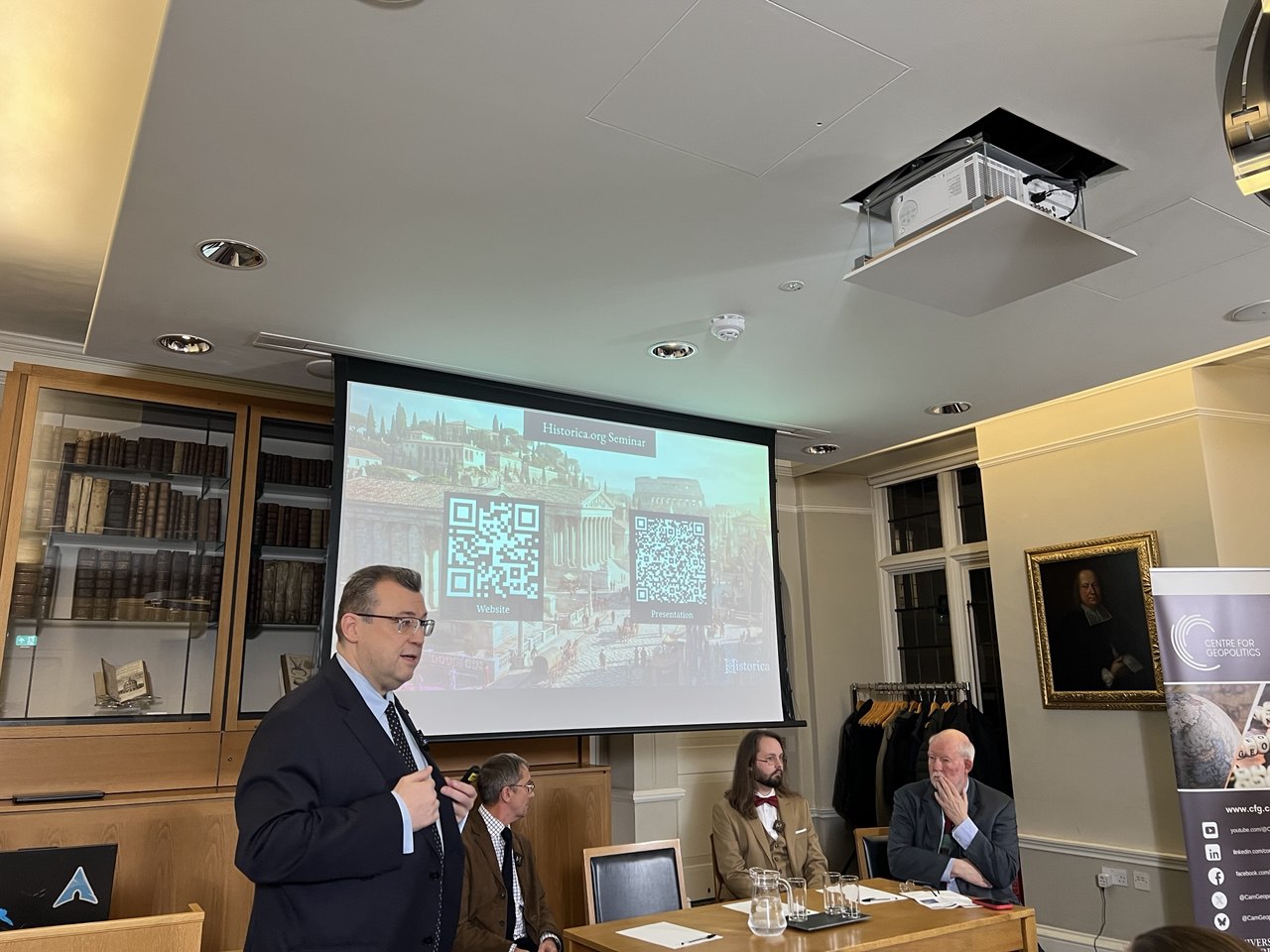Historica Foundation Attains EU Intellectual Property Recognition
We are proud to announce that Historica has received a Certificate of Registration from the European Union Intellectual Property Office. The corresponding entries have been recorded in the Register of European Union trademarks. Officially, this document entered into force on January 23, 2024.
This official recognition signifies our unwavering commitment to education and cultural enrichment, now officially recognized in the EU.
With this certificate, the Historica Foundation is more inspired than ever to continue its mission of making a positive impact through innovative educational and cultural initiatives. Stay tuned as we continue our journey towards lasting change!



.webp)
